At midnight, Saturday January 20th, 2017 the United States government shut down. A government shutdown essentially means, at a high level, most non-critical aspects of the United States government are not operating. Government employees will be furloughed and active-duty military may not get paid. Many of those furloughed are National Park employees, including Park Rangers. But unlike the government shutdown in 2013, this time, National Park gates will remain open, essentially creating a free for all in many of the 278 sites across the country, including every National Park. While this sounds like a victory for those of us who love visiting National Parks, Zion Park Ranger and incredible photographer Christina Adele has reminded people on her Facebook posts that this is actually a very bad, and potentially very dangerous, idea. So I decided to list the reasons why you should do your part to help conserve our National Park Land by avoiding the parks during this shutdown.
There is No One to Help if You are in Trouble
Many National Parks are in remote locations, making cell service spotty at best. If a hiker gets injured, a car accident or other dangerous situation occurs, most times help arrives after someone finds a park ranger in person to report the incident. Using radios, the rangers are able to coordinate the help needed. In places such as Utah’s Zion National Park, helicopters are used often to rescue injured visitors and airlift them to the nearest hospital. But, with no Park Rangers, there will simply be no one to locate to get the emergency assistance needed.
Zion is also home to the famous Virgin Narrows, a hike through the Virgin River that winds through stunning sandstone canyon walls. This is also a very dangerous hike. Not only is it easy to sprain or break an ankle by losing your footing on rocks that aren’t visible, but many have died in flash floods that overtake the canyon and its hikers without warning. Seven lives were lost in one day in a September 2015 flash flood. While this is not flash flood season, nature is always unpredicable.
Bottom line. There is no guarantee of an emergency response. There is very limited “essential” personnel on to help with emergencies, but if they are busy, you are in trouble.
You Will be Contributing to the Mess
So you feel like you are a outdoor lover, and you practice leave no trace values. So you use the park toilets, which do not have plumbing, and you use the trash bins to discard your energy bar wrappers. While this is much better than litering, the employees who empty the trash bins and toilets will not be working. While this may be ok for a couple of days, what happens if the shutdown lasts a week? A month? Longer? You get the idea…
Campgrounds Will Be Locked
Yes, you read that right. The Parks will be open, but first come, first serve campgrounds will be gated and locked. There is already a massive shortage on campgrounds in National Parks, so with the elimination of the first come, first serve sites, there will be a major influx of people visiting who will have no (legal) place to stay overnight. This will lead to more people setting up their tents in in illegal locations or car camping, which can be damaging to the fragile enviornment and contribute to the mess.
Roads Will Not Be Maintained
Being that this shutdown is happening mid-winter, many National Parks are getting snow. Usually, the snowplows are out in force to make sure that the roads are clear and safe for those venturing into the parks after a storm. But, no employees mean no one to operate those snow plows.
It is snowing in Zion today. The roads will not be plowed, creating a major safety issue when there is no one respond in case of emergency.
You Will Be Contributing to the Waste of Your Taxpayer Dollars
Since their is no one at the gate to take your entrance fee, there is no income for the National Park Service for however long the shutdown lasts, but the staff will very likely get back-paid, resulting in the lopsided loss of critical National Park Service’s funds. In addition, as stated above, the parks will get very messy the longer the shutdown drags on. Less camping spots mean more illegal camping, potentially damaging fragile enviornments. When the shutdown does end, your tax dollars will be used to fund the cleanup and the repair of any damage done during this time. The more cleanup that is needed, the more repairs that have to happen, the more tax dollars are spent. With the National Park Service already losing a large portion of their annual funding under the Trump administration, every dollar counts to help protect these lands, so by saving the department money now, you are investing in the protection of your parks for years to come.
Thank you to Christina Adele for her photo contributions to this article. Follow her adventures on her website, Instagram and Facebook.

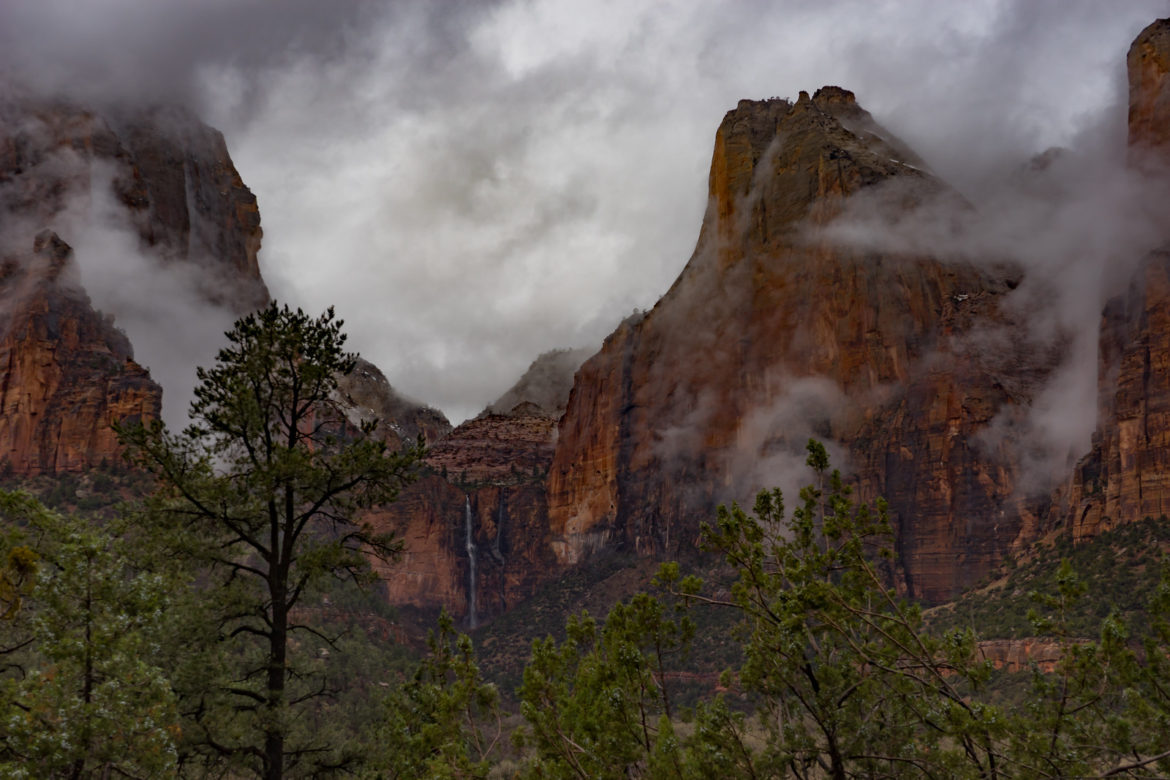
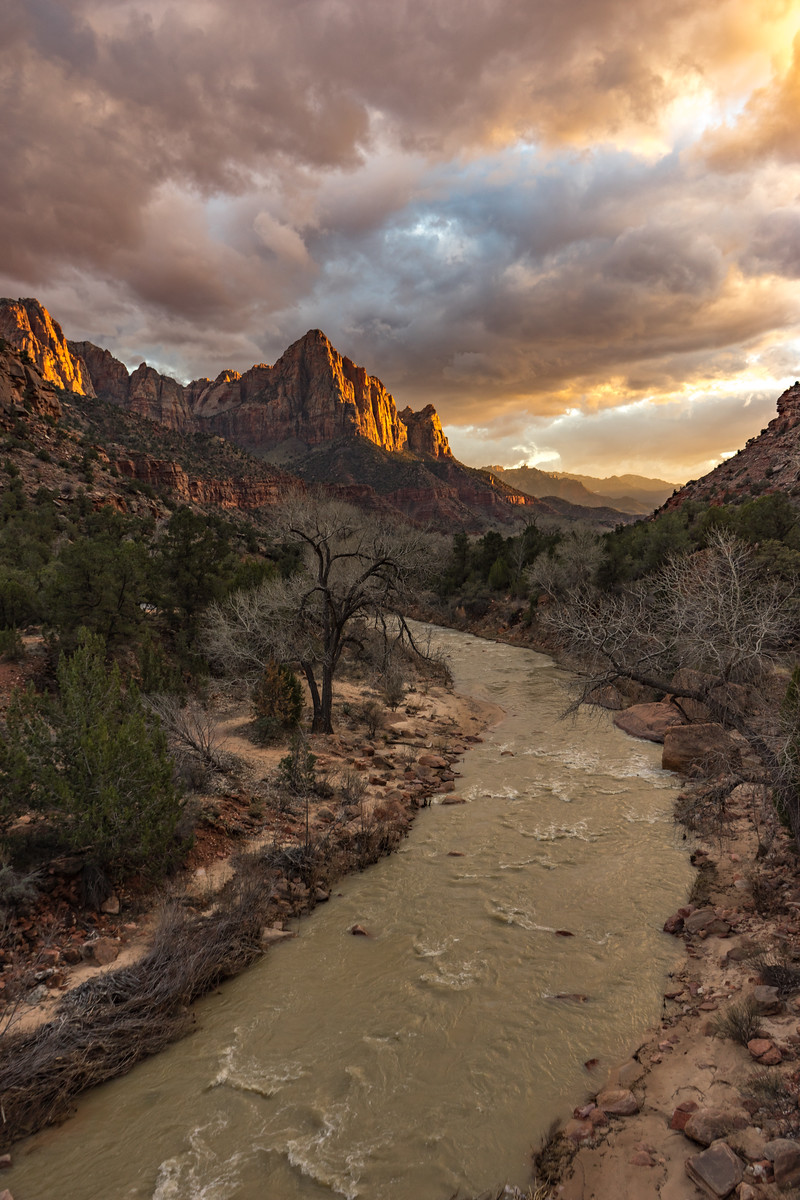
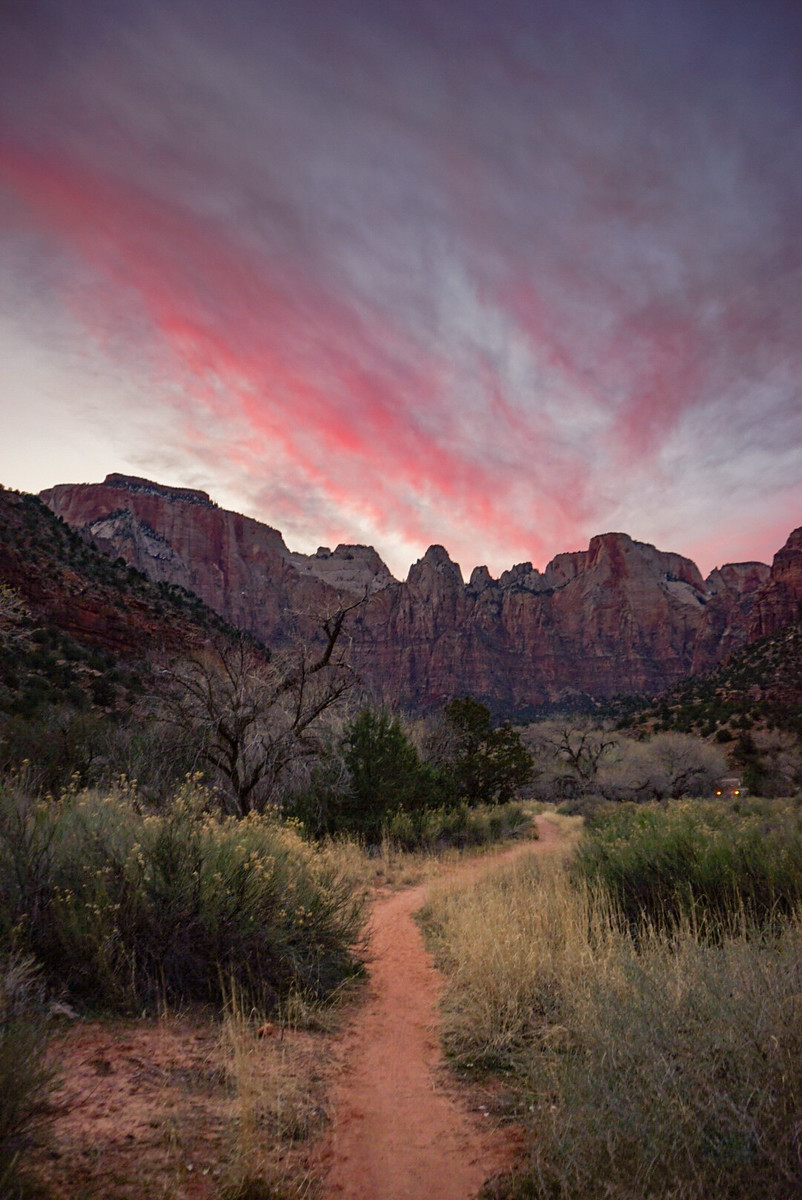
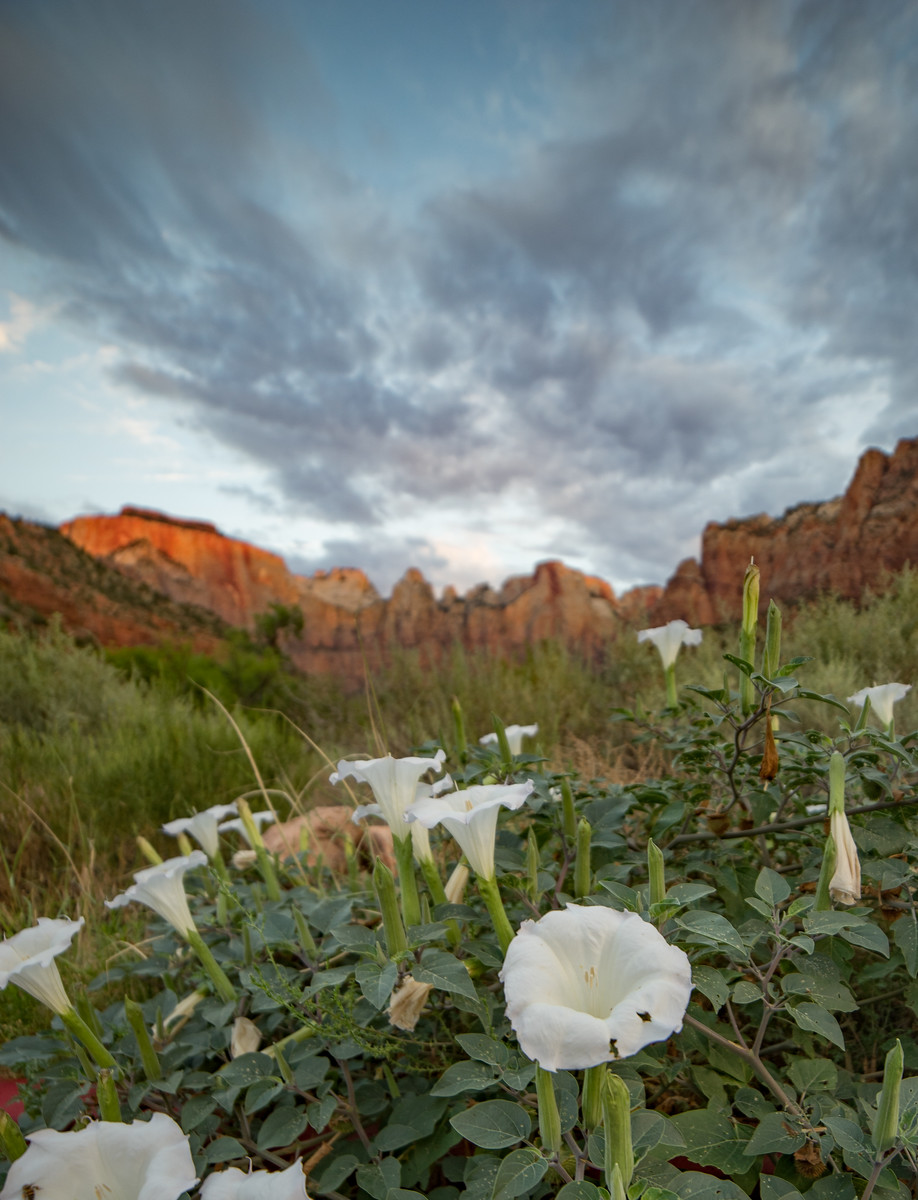
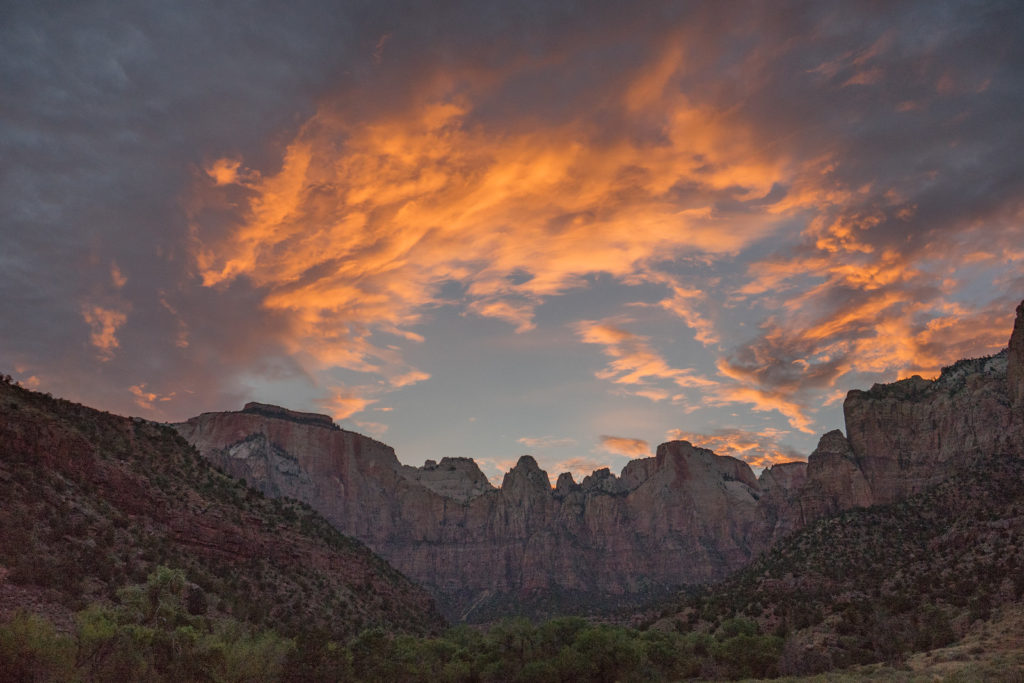
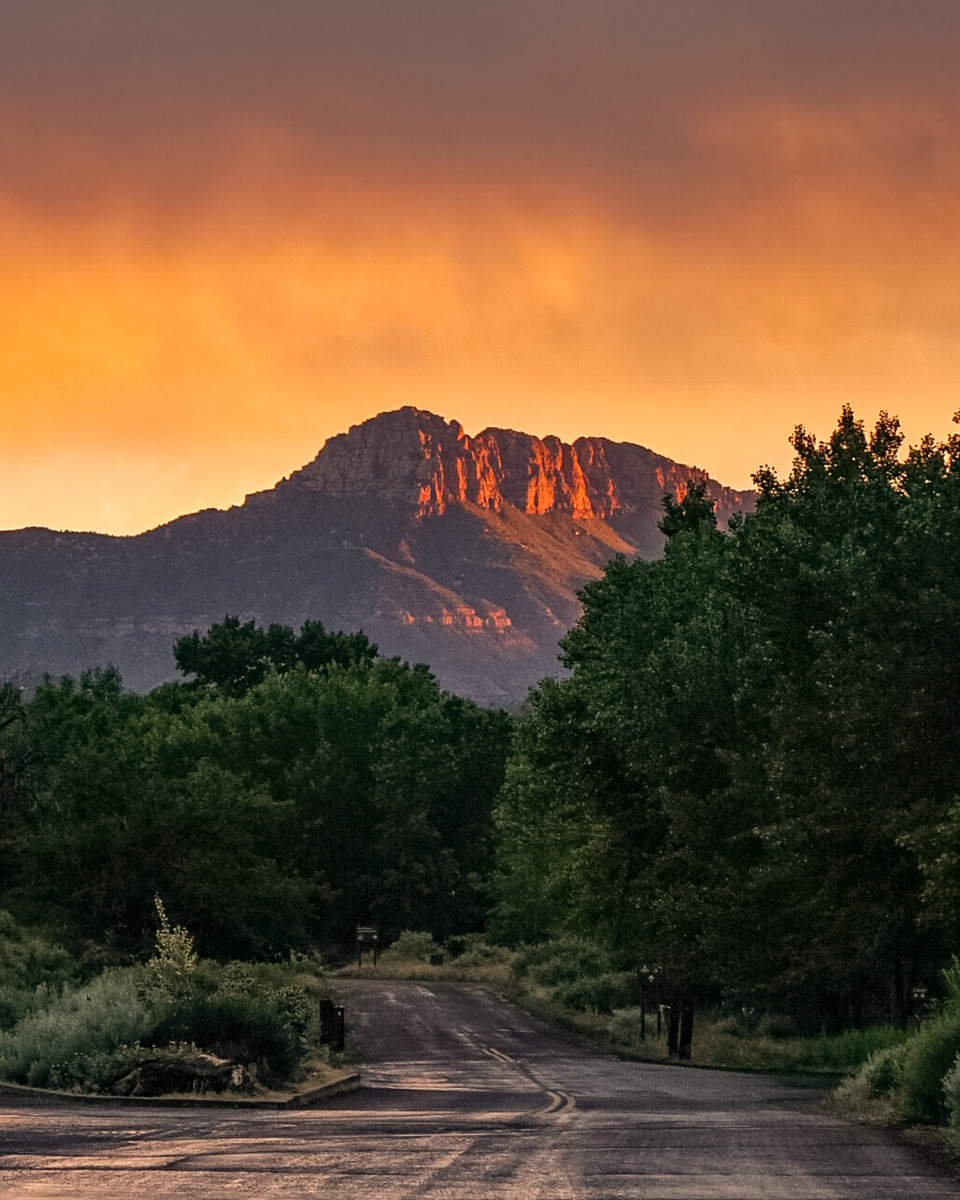
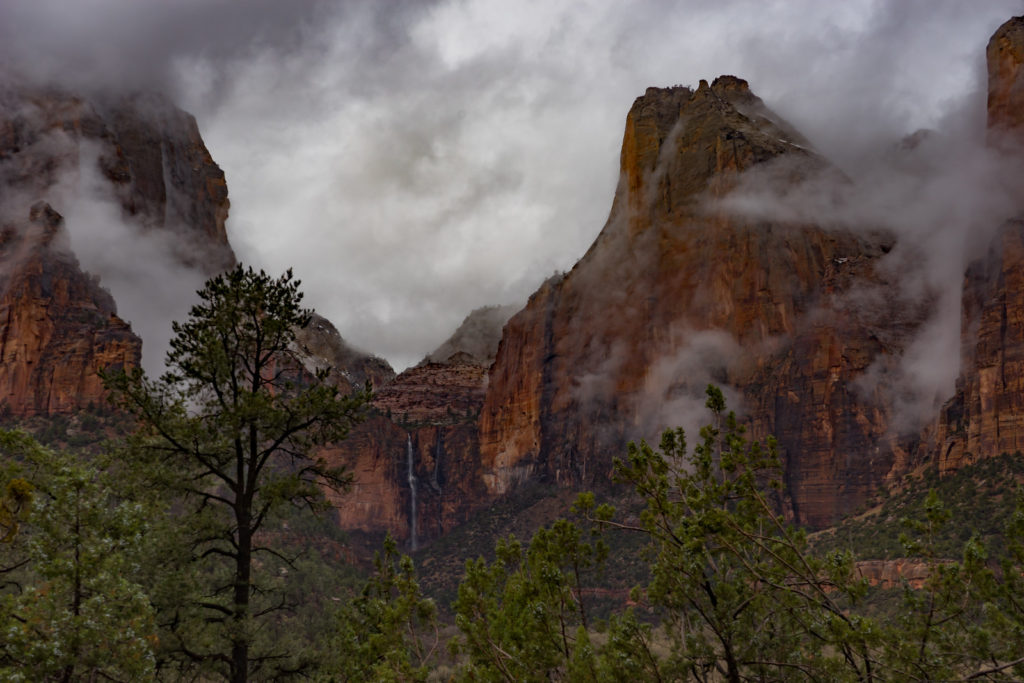
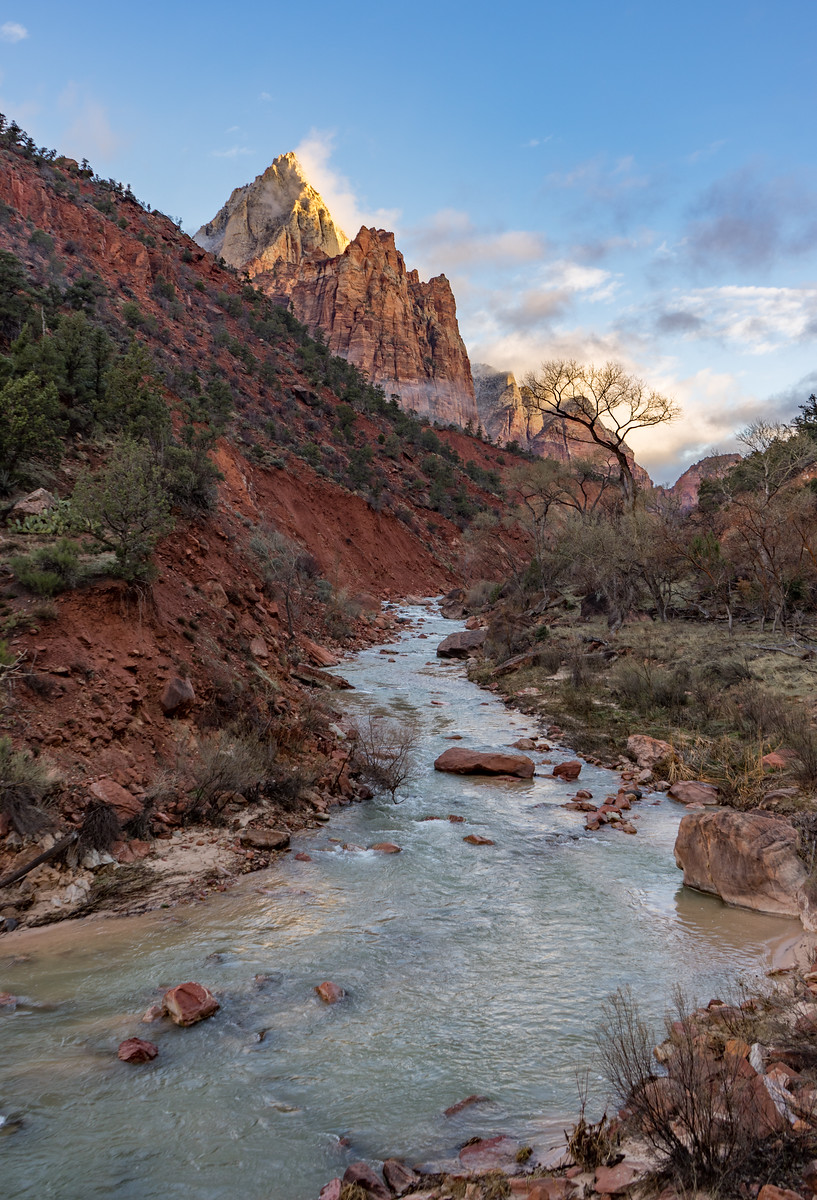

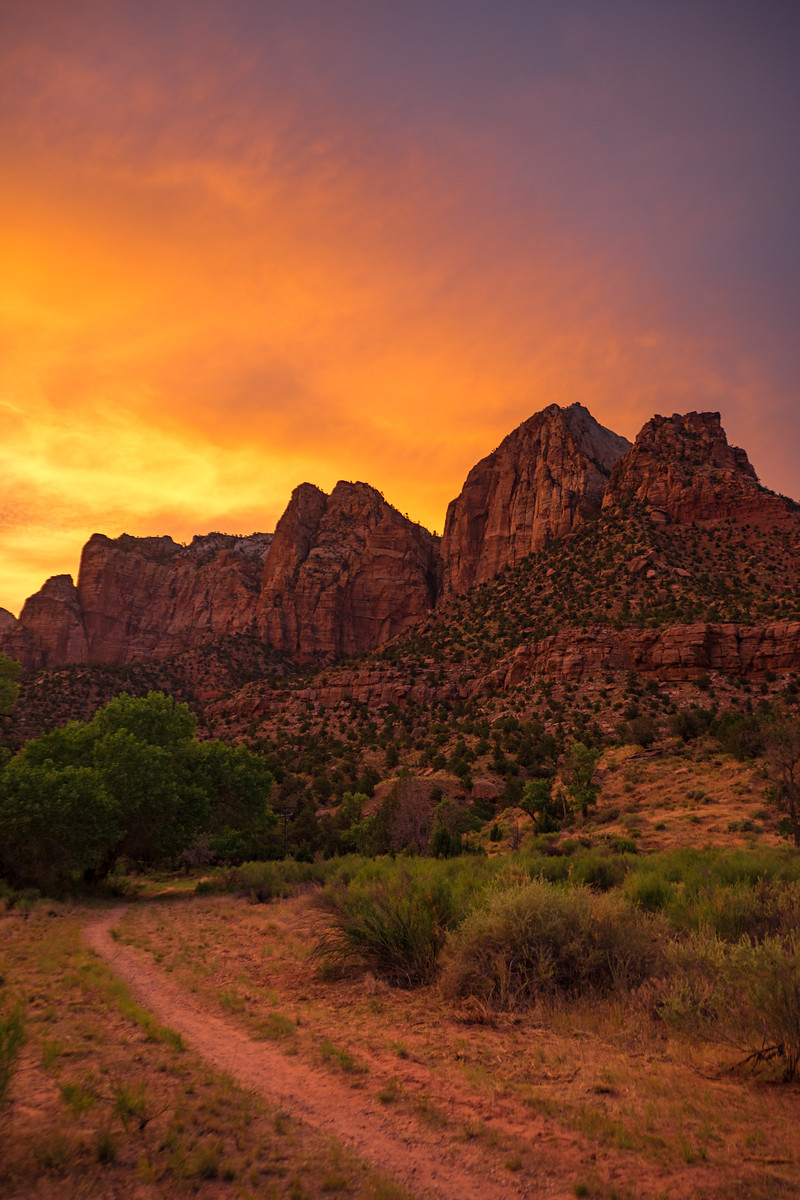
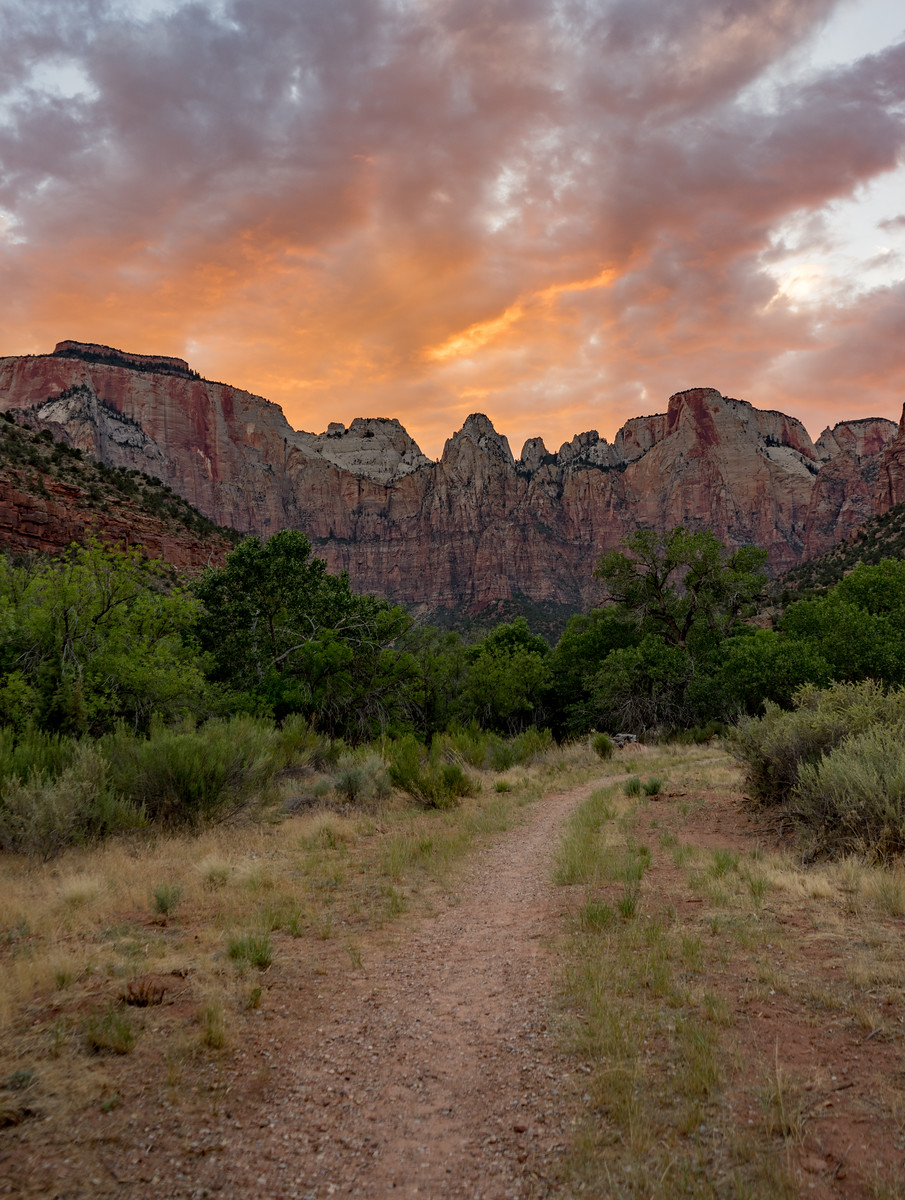
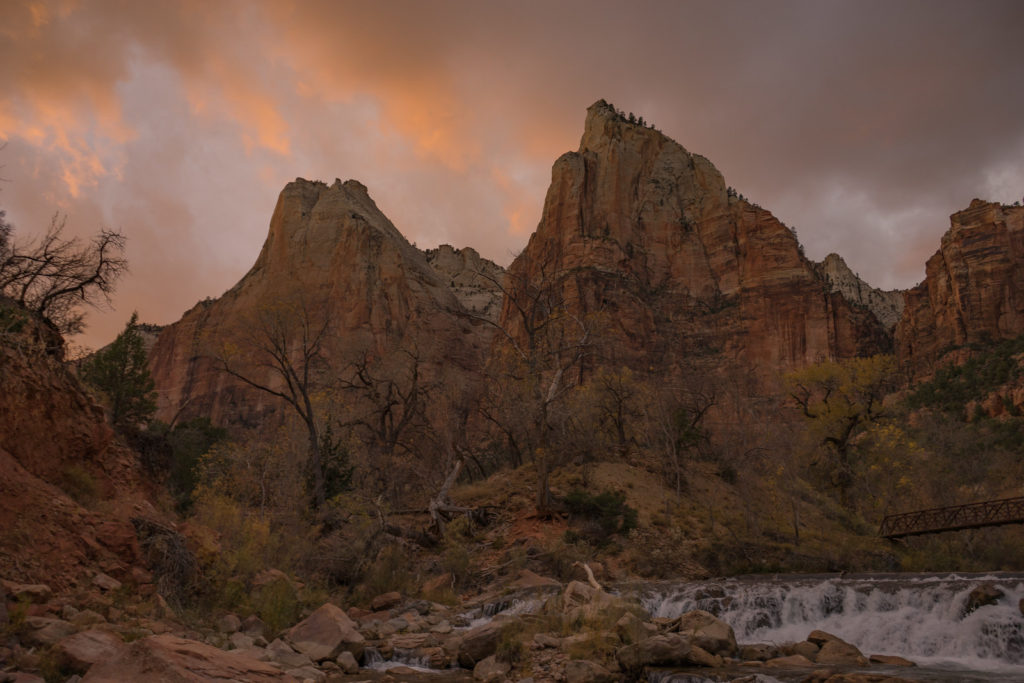
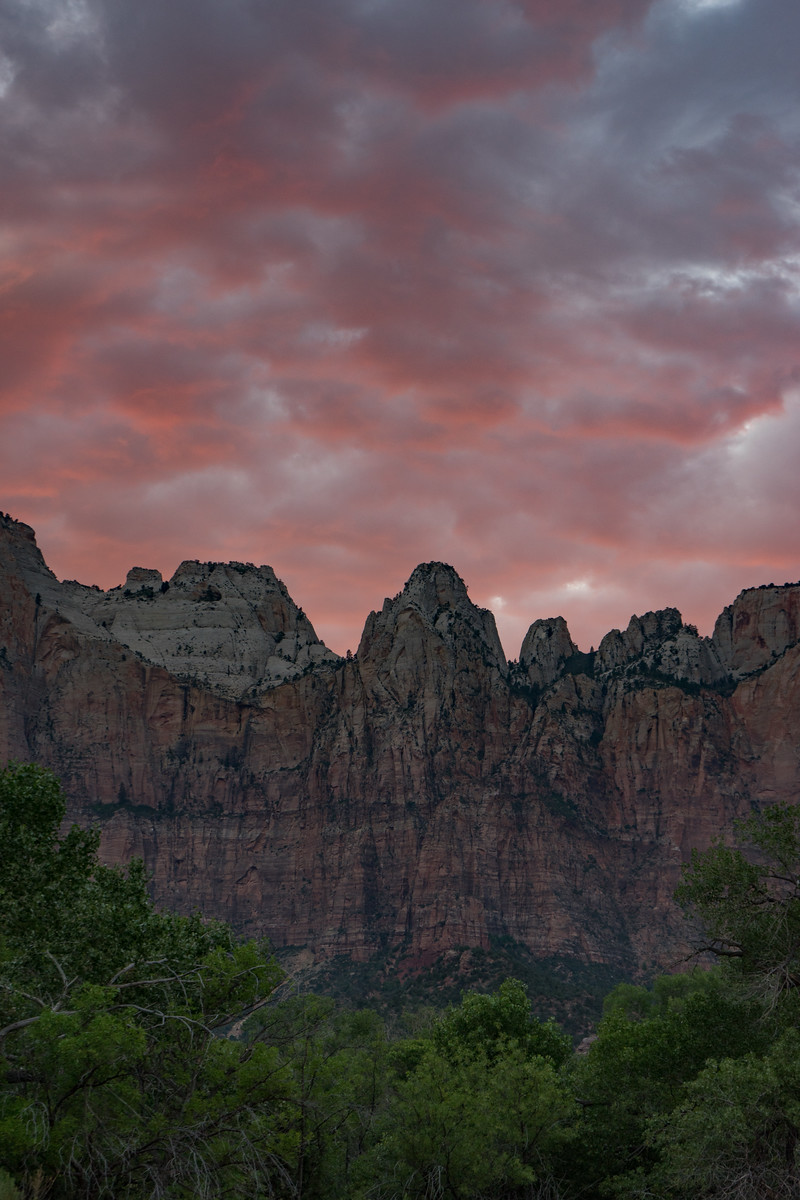
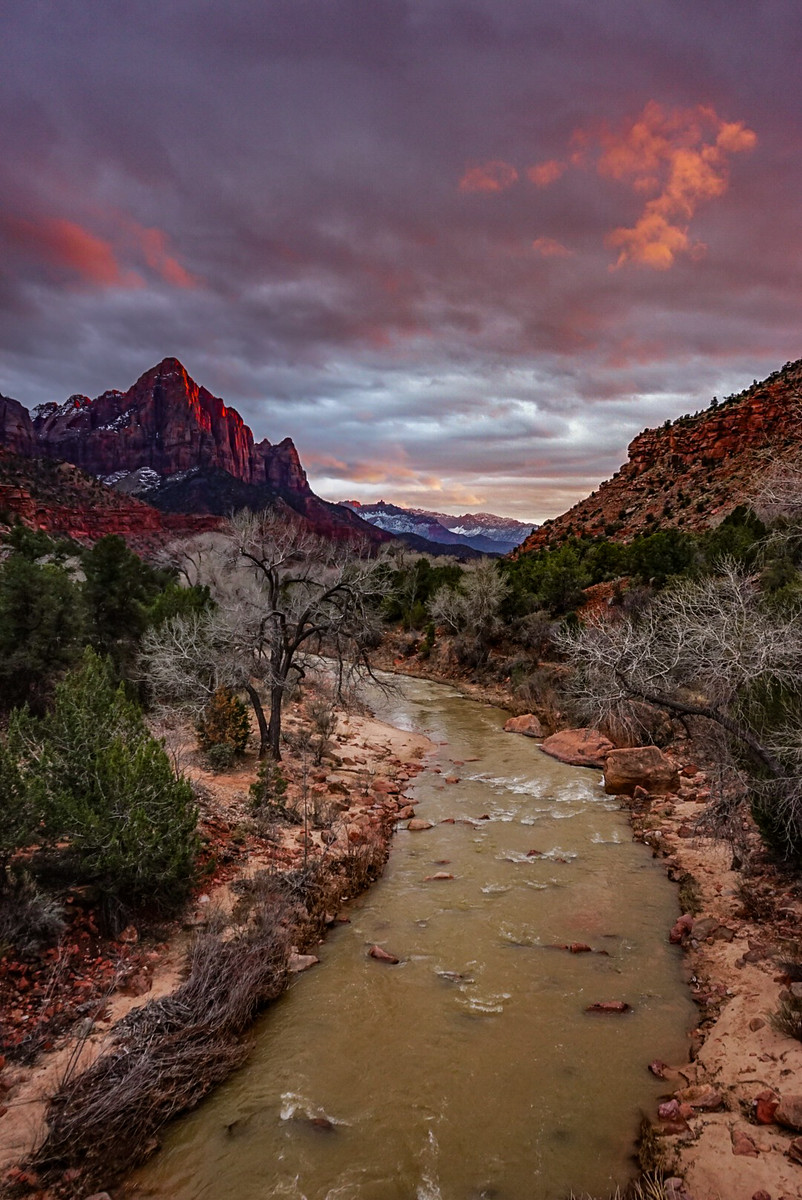
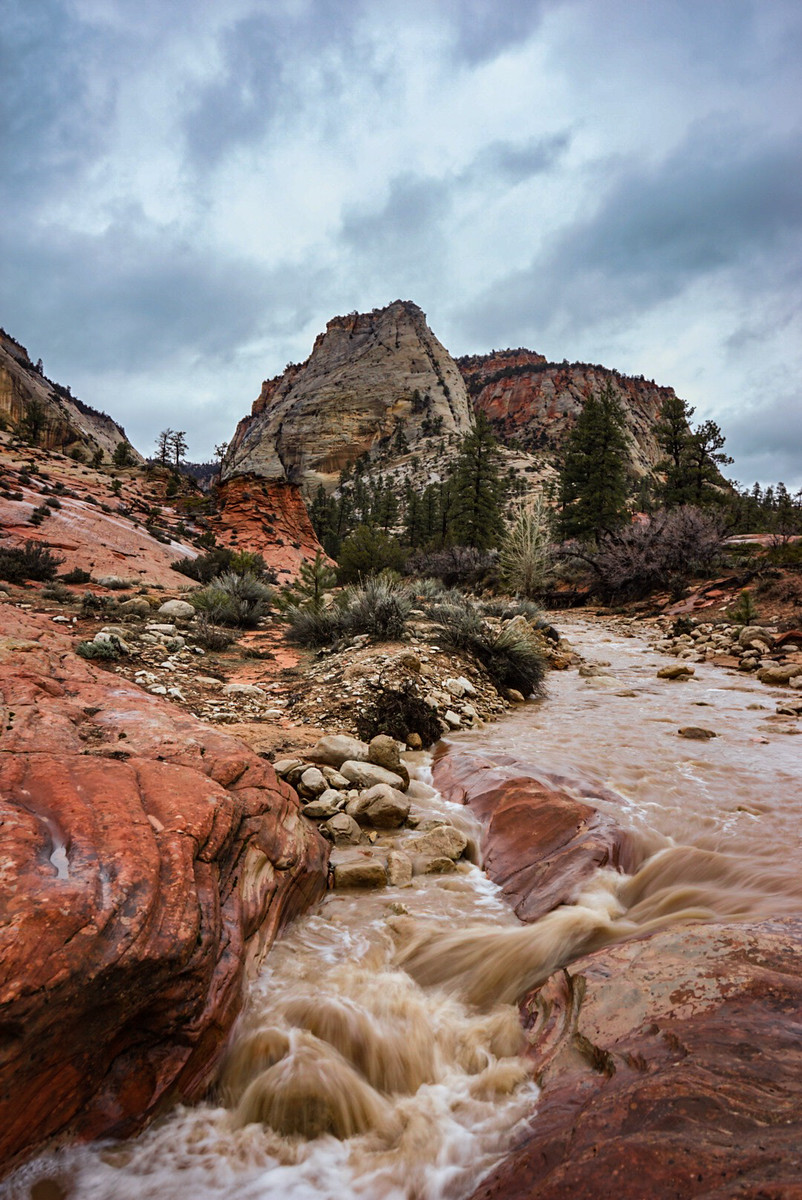
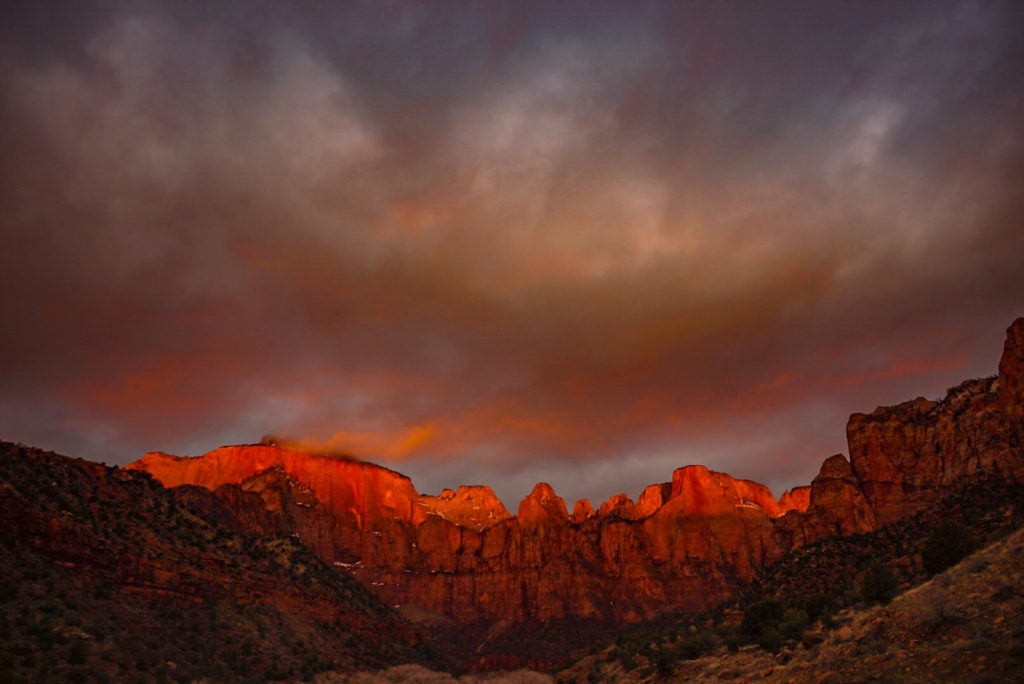
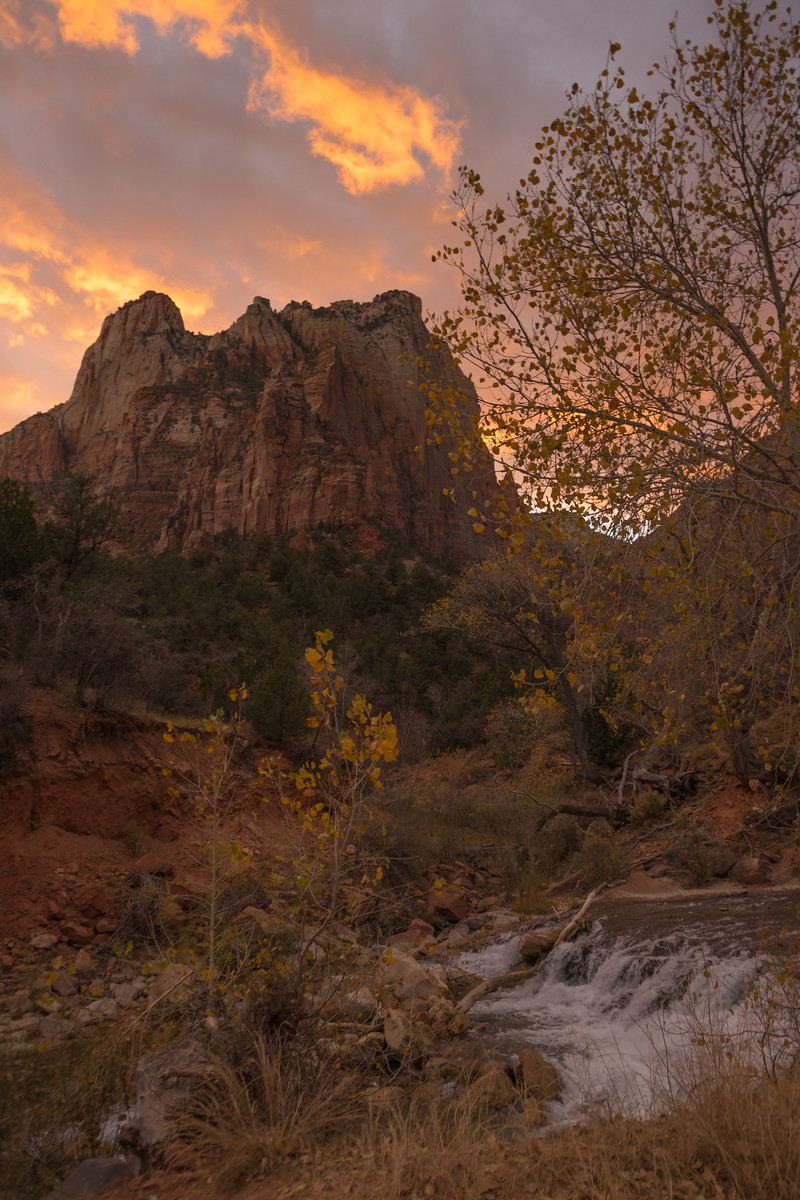
10 comments
One idea for those who do wish to visit during the shutdown, especially those with pre-existing plans: leave the park cleaner than you found it. This is a chance to exercise some responsibility and show that utter chaos does not have to break out just because no one is there to police and pick up garbage. The NPS may be federally run, but ultimately the Parks are a national concern, and the responsibility goes both ways.
Great points Derek!
5f6dgz
gvvl6y
hu10cy
e18o4a
rzc39q
ufgf6o
9su6g7
712ba6